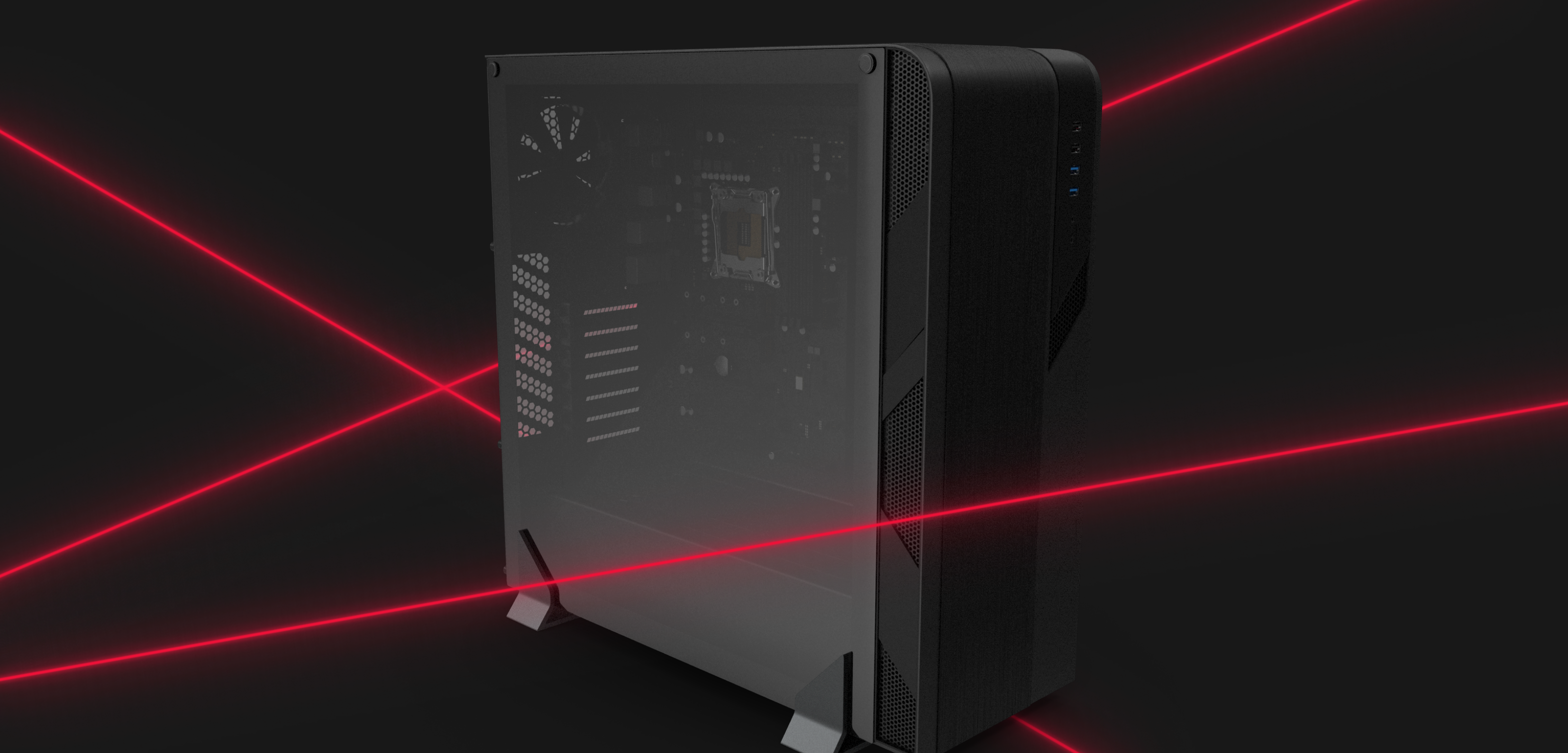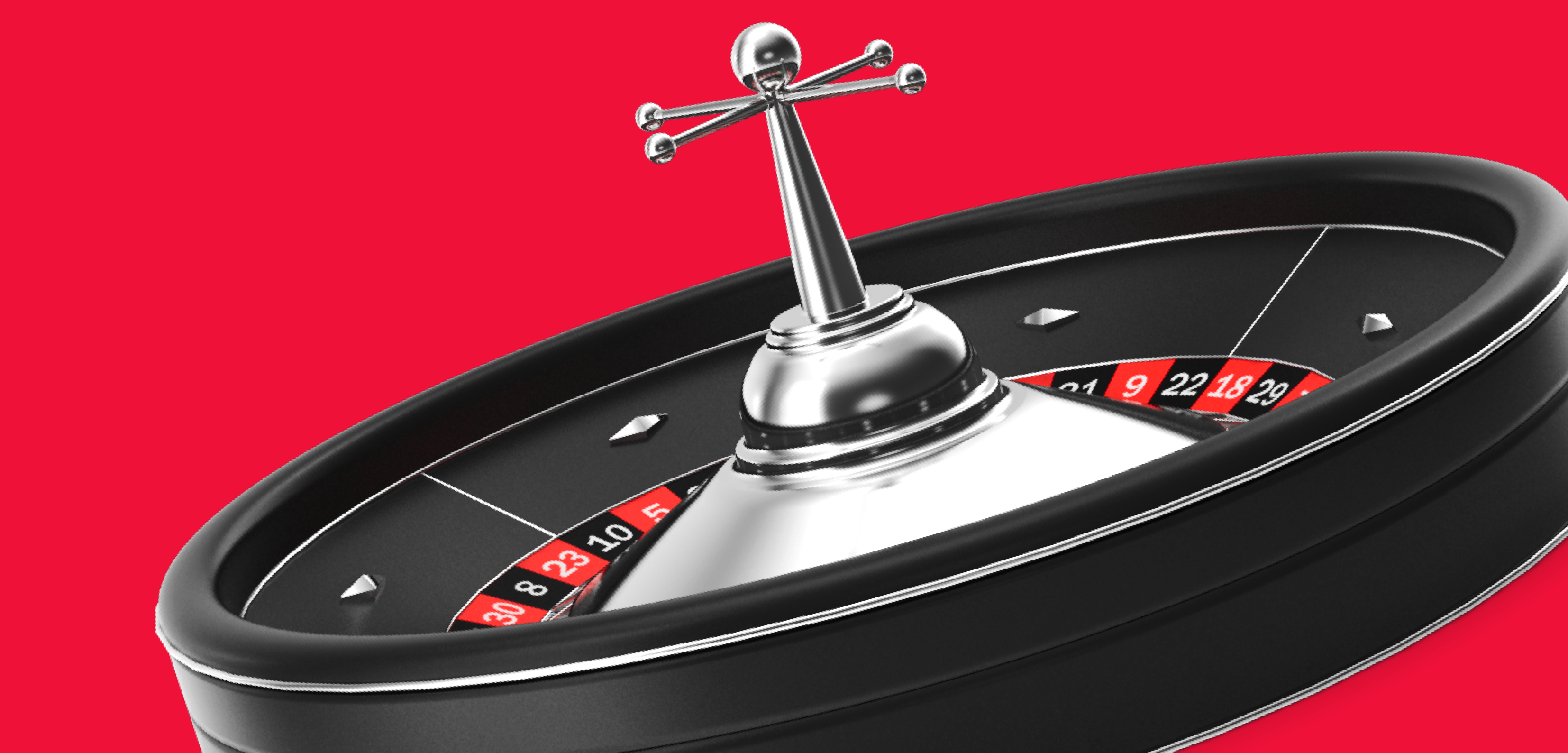Unleashing Deep Work Principles - How to Improve Productivity in 2025
In 2025, where social media, artificial intelligence and other innovations are prevalent, it's harder than ever to focus on what's important. The inability of many office workers to focus fully on the tasks that actually move teams forward is a bad side effect of this trend. If you're familiar with the feeling that you can't focus on anything, it's time to learn about deep work, an emerging approach to helping you dive into complex tasks without distractions.
So, what is deep work? Described in Cal Newport's book Deep Work: Rules for Focused Success in a Distracted World, the term refers to the ability to focus on complex tasks while squeezing the maximum of your brain to create results that are hard to replicate. This is the opposite of superficial work, where employees are distracted by social media, endless emails and other things that don't leave time for focus. As competition grows and projects become more complex, a deep work approach may be your only way to maintain a competitive edge and create something truly special.
Deep Work Meaning - A Philosophy for Lasting Results
Asana research shows that the average office worker spends up to 60% of their working time on things that have little or no impact on the bottom line. However, according to Cal Newport's concept, you should not see work as an endless to-do list. Once you understand deep work meaning, you will start to build a discipline where every minute of attention is utilised to achieve the best results. In simple words, Deep Work Cal Newport teaches you to put quality over quantity, where one completed project is much better than many unfinished ones.
Keep in mind that deep work is not about multitasking, which often crushes your brain into pieces. It's about treating work as a clear strategy, with each move delivering full value. As new technologies and increased expectations pressure workers from all sides, the ability to focus on your work is what will set you apart from the crowd. Able to turn routine into a cohesive process, deep work helps you see tasks as a chance to prove what you're capable of, ultimately changing your mindset for the better.
Why Distractions Kill Productivity
With every new message and every new tab open on your browser, your attention is torn apart. Frequent meetings, chatty colleagues, office noise, social media and feeling depressed about failures at work are the key causes of distraction, according to Statista. By losing time to focus on the really important things, you're actually taking a serious blow to your potential. Working like silent sabotage, distractions lead to the following:
- Weaken the results of your work. Instead of generating breakthrough ideas, you produce something average or downright mediocre because your brain doesn't have time to switch on to its full potential.
- Burn out your energy. Even though you feel like a squeezed lemon by the end of the day, constantly switching between tasks provides little benefit.
- Inhibit your development as a professional. While you're distracted by unimportant things, other workers are improving their hard and soft skills and forming the basis for further career progression.
The Economist found that average knowledge workers spend about 130 hours a year regaining concentration after being distracted by other things. There's a simple explanation for this: our brains aren't built for multitasking. Every time you check your email or get distracted by a colleague, it's like pulling the plug, losing momentum and starting all over again.
With so many things distracting us literally at every turn, the deep method is what will help you cut out the unnecessary and unimportant. It will help you understand how to take control to get rid of the distractions that steal your attention.
Key Deep Work Techniques
To master deep work, you need not just to train your willpower, but to build a complete system. When taking the key principles from the deep work book and adapting them to modern realities, you get the following:
- Focus units. Ideally, you should set aside 1-3 hours a day when you are untouchable. That is, put your phone on airplane mode, pause chats, and close browser tabs not directly related to your work. This is your focus time when the best ideas are born.
- Rituals for entry. Given the way our brains work, you need a clear signal to start. For example, brew a coffee and remove anything unnecessary from your desk.
- Switch off social media. Use timers and blockers to prevent yourself from being distracted by posts and unnecessary socialising at times when you're most focused on your work processes.
- Attention training. Start with a small amount of time where you are not distracted by unimportant things. Gradually build up this timeframe to keep your focus longer and longer.
- One goal at a time. The main problem with most workers is that they are spread across dozens of tasks during the workday. The best deep work philosophy examples show that the ‘less is better’ approach is the most effective.
- Assess the environment. Not only a noisy office but also a cluttered desk reduces your productivity significantly. Try to allocate yourself a space where there are no distractions to break your concentration.
To avoid getting bogged down in small tasks forever, use the above mentioned how to do work with full dedication techniques to make them into sustainable habits. However, don't forget your personality and physiology. For example, while one person's brain is fresh in the morning, another person's brain is only tuned for maximum productivity in the afternoon or evening. So, tailor the deep work approach to you and experiment with your schedule to develop regularity and combat occasional spurts.
Deep Work vs. Superficial Work
Putting Deep Work into Life
Implementing deep work into your reality is not an easy task. However, by following the five steps above, you can achieve noticeable results in a fairly short period:
- Prioritise, i.e., choose 1-2 tasks per day that produce maximum results.
- Create a supportive environment where you can focus only on the important things.
- Start small. Use a deep work approach of only 30 minutes a day in the initial stages, gradually increasing this timeframe.
- Record your progress to see your growth and thus keep you motivated to move forward.
- Adjust your schedule according to the way your brain works.
Don't forget that deep work requires rest. Even if you do everything according to Newport's book, set aside 10-15 minutes for relaxation after each unit to give your brain a rest.
Overcoming Barriers to Stay on Track
Undoubtedly, deep work is a very promising approach, especially in a highly competitive labour market. However, there are many obstacles you will have to overcome:
- Laziness and lack of motivation. If upcoming tasks seem dauntingly difficult, break things down into chunks to lower your entry threshold.
- Procrastination. Caused most often by the fear of failure, it can be a major barrier for many. However, think about what terrible thing will happen if you fail the first time? Usually, the answer here is that it's nothing critical.
- Fear that you won't succeed because of your limited abilities. If this is your case, just remind yourself that ‘deepwork’ is a continuous process and not about the perfect result on the first try.
- Overload. If you have too many tasks in front of you, break them down into important urgent tasks by using the Eisenhower Matrix to clear your head.
Build a line of defence against fear, laziness and overload with a calendar, blockers, timers and rituals to keep yourself energised along the way.
Scaling the Whole Team Approach
To see the value of deep work, ideally, you should scale this approach to the entire team:
- Reduce meetings to free up time for deep work. Practice shows that most meetings are just a waste of time.
- Introduce zones of silence. Use a tool like Focus, available on Apple devices, to silence chats and calls.
- Establish clear roles so every employee knows what they are responsible for.
- Divide projects into units with clear deadlines to complete tasks efficiently and without fuss.
Keep in mind that deep teamwork is only effective if you have an established culture of trust in the workplace. For example, if the need to be online 24/7 is a boss's requirement, focus will quickly break down. To be an effective leader, you must go deep while allowing your subordinates to do so as well.
Bottom Line
In today's reality, distractions are coming from every corner, so you need to build a how to do work system that changes the way you approach your workflow. In a highly competitive environment, the ability to focus on the important things separates the true leaders from the middling do-it-yourselfers. While the Deep Work Cal Newport book provides a great foundation, building a cohesive system tailored to you is something that falls on your shoulders.




.png)


